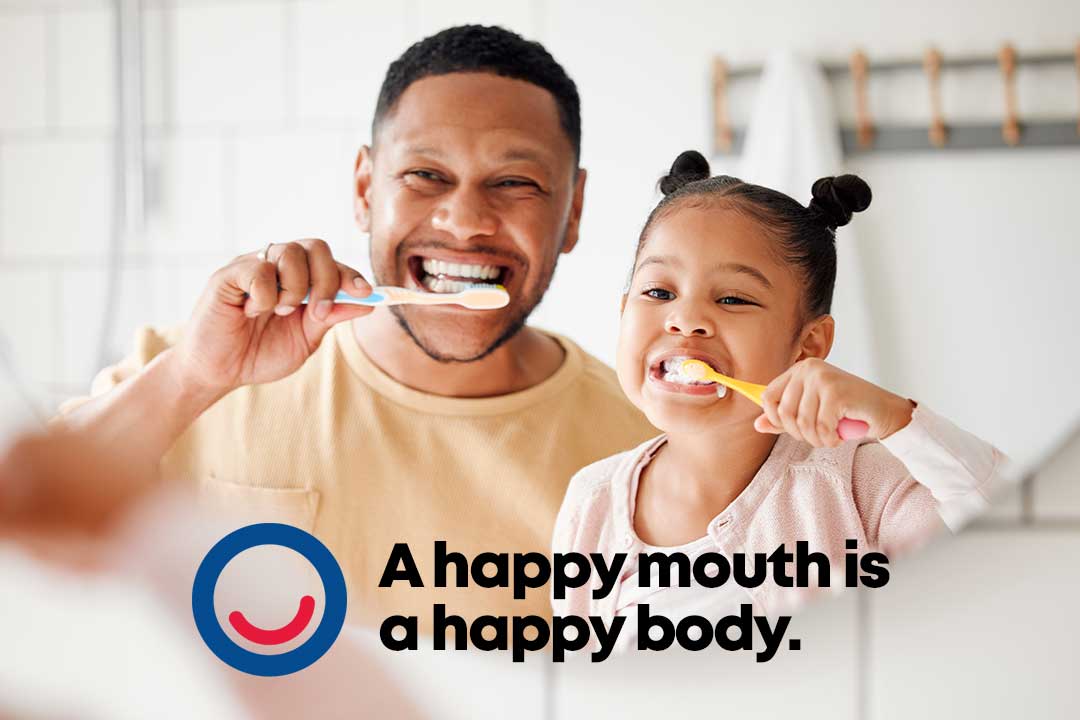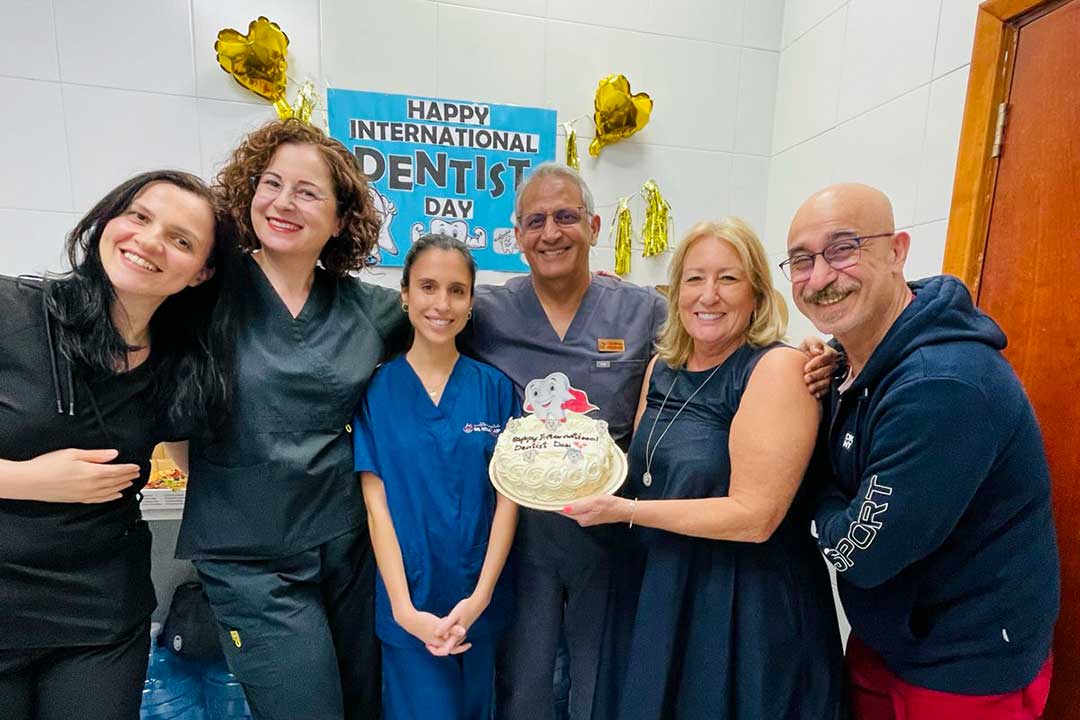This year, we expect the holy month of Ramadan to begin in March. During this period, Muslims around the world observe fasting from early dawn until sunset. Fasting, one of the five pillars of Islam, is a private act of worship that forms not only spiritual discipline, but also allows for a sense of community and empathy for those who are less fortunate.
What are the benefits of fasting?
Studies show that certain types of fasting has several benefits related to one’s immune system and body metabolism, memory, and heart health. Additionally, research suggests that fasting during Ramadan is a great disease-preventing strategy for people with overweight and obesity.


What are common dental issues that arise while fasting?
While fasting itself doesn't directly cause dental problems, certain changes during fasting periods can create an environment more conducive to them. A common issue is dry mouth where our salivary flow is significantly reduced.
Our saliva is important in washing away food particles and debris, reducing the buildup of bacteria and plaque on teeth and gums, and neutralizing acids produced by bacteria that can lead to tooth decay. Without enough saliva, we are at a higher risk for bad breath and cavities.
Eat a balanced diet, drink enough water, stay off tobacco and vaping, take care of yourself, and take care of others.
5 practical oral care tips while fasting
Do not forget to brush your teeth.
Do not neglect areas your toothbrush can’t reach.
Use a tongue scraper.
Drink plenty of water outside of fasting hours.
Limit sweets and foods rich in carbohydrates.



Can you see your dentist and do dental treatments while fasting?
Certain Muslim patients may believe that certain dental procedures may nullify the fast, when in fact, most treatments don’t. Additionally, Islamic fatwas maintain that the administration of local anesthetics will not render your fast invalid.
As long as you do not swallow water, dental cleanings (scale and polish), restorative treatments, and extractions will not invalidate your fast.
Those who are in need of urgent dental treatments and are prescribed oral medications are allowed to break the fast and make up for it at the end of Ramadan.
References
- Khaleelahmed, Shaeesta & Prabhuji, Munivenkatappa & Jr, Shruthi. (2015). Ramadan fasting and dental treatment considerations: A review. General dentistry. 63.
- Peedikayil FC, Thomas A, Naushad MC, Narayanan A. Management of muslim dental patient while fasting. Eur J Gen Dent 2014;3:82-4
- Sakr AH. Fasting in Islam. J Am Diet Assoc. 1975 Jul;67(1) 17-21. PMID: 1141609.
- Providing Dental Care to Patients Who are Observing Ramadan, University of Utah
- Stay healthy during Ramadan, World Health Organization


